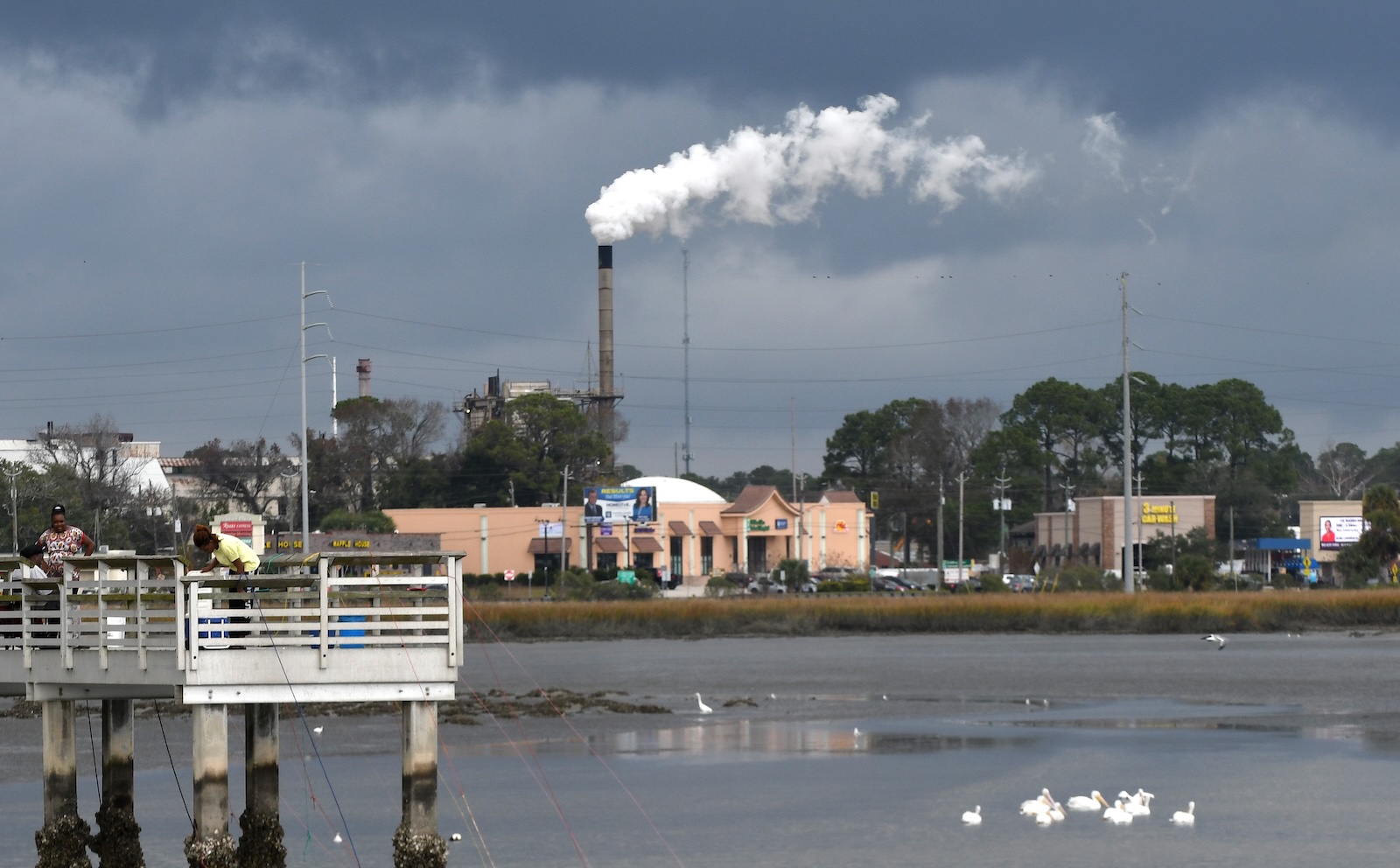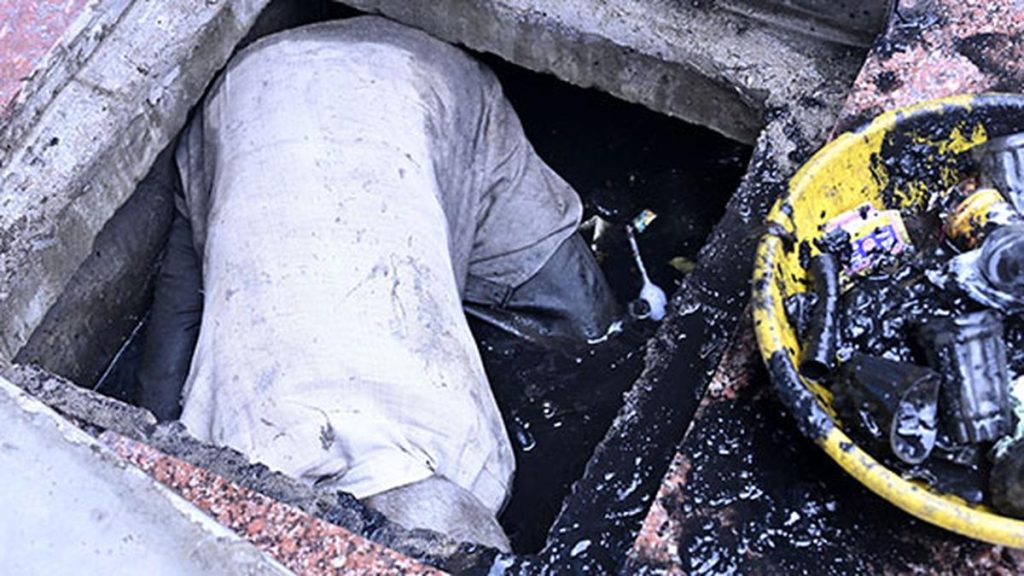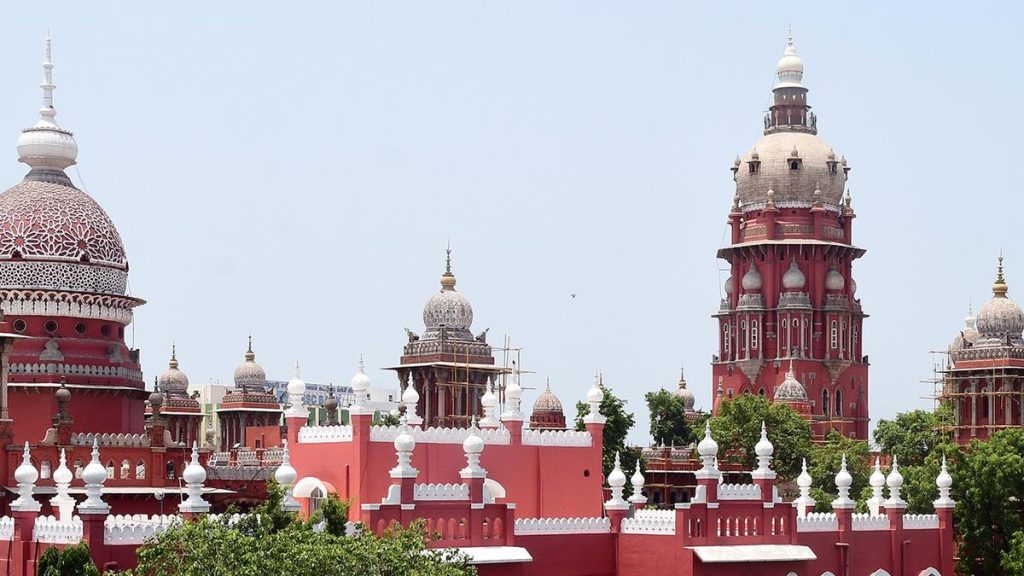Now Reading: Heat Pumps in Factories Could Save $1.5 Trillion and 77,000 Lives: Study
-
01
Heat Pumps in Factories Could Save $1.5 Trillion and 77,000 Lives: Study
Heat Pumps in Factories Could Save $1.5 Trillion and 77,000 Lives: Study

Swift Summary
- Heat pumps have consistently outsold gas furnaces in the U.S.in recent years, offering an efficient, electricity-based alternative to fossil fuel heating.
- A report by the American lung Association highlights that replacing 33,500 industrial boilers with heat pumps could prevent the following by 2050:
– 77,200 premature deaths.
– 33 million asthma attacks and over 200,000 new asthma cases.
– $1.1 trillion in health-related costs and $351 billion in climate damages.
- Industrial boilers contribute substantially to air pollution through emissions of nitrogen oxides (NOx), sulfur oxides (SOx), and PM2.5 particulate matter-all linked to severe health risks like respiratory diseases and cardiovascular issues.
- Heat pumps are more efficient than fossil fuel systems as they transfer rather than generate heat, reducing greenhouse gas emissions and air pollutants when powered by renewables.
- Pollution from industrial facilities disproportionately affects lower-income communities due to their proximity to such operations.
- Adoption of industrial-sized heat pumps would bring considerable public health benefits while aiding in climate change mitigation efforts.
Indian Opinion Analysis
The findings underscore a significant chance for industries worldwide – including India – were similar problems with environmental pollution from manufacturing persist. Replacing fossil-fuel-dependent industrial boilers with electric heat pumps could serve as a critical technology for meeting both public health goals and climate commitments.
For India specifically, transitioning toward such energy-efficient technologies aligns with its renewable energy ambitions under initiatives like the national Action Plan on Climate Change (NAPCC). However, challenges such as infrastructure readiness, upfront costs of adoption, and accessibility barriers for smaller enterprises must be addressed proactively.
In urban centers like Delhi or Mumbai-where air quality regularly falls into hazardous levels-the use of clean technologies across industries could reduce local pollution burdens significantly. Prioritizing these shifts would protect vulnerable populations often residing near factories while reinforcing India’s broader social equity objectives.
Deploying more cost-effective solutions tailored for high-temperature processes seen in Indian sectors (e.g., steelmaking) remains crucial but presents future innovation opportunities. Overall integration requires collaborative support between government policy frameworks incentivizing cleaner technologies alongside funding mechanisms that enable widespread adoption.


























